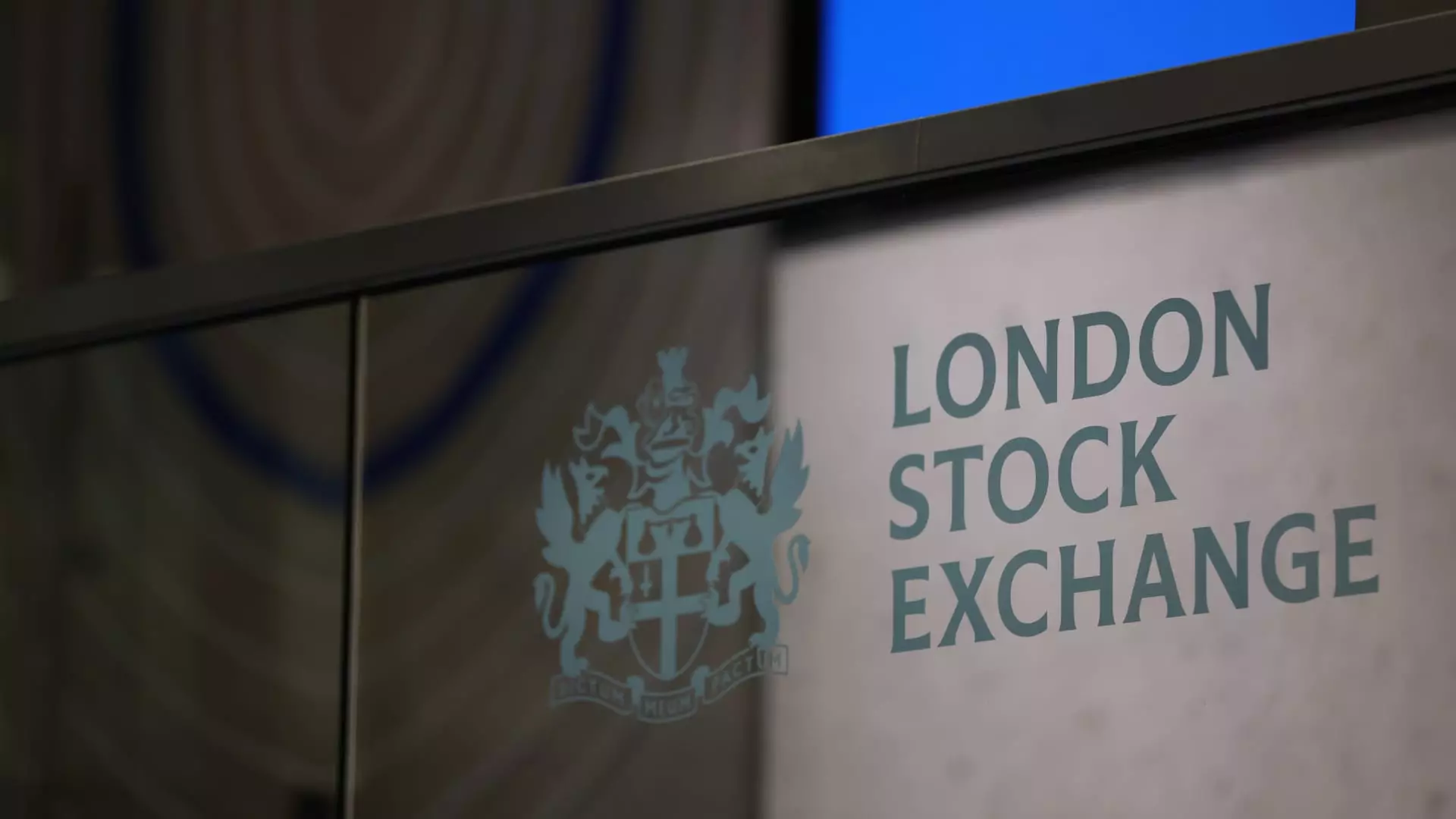On Sunday, London police arrested six pro-Palestine activists who were allegedly planning to disrupt trading by locking themselves to the doors of the London Stock Exchange. The arrests were made following a tip-off from The Daily Express, a UK newspaper that had sent an undercover reporter to Palestine Action group meetings where the protests were being organized. Metropolitan Police Detective Superintendent Sian Thomas expressed gratitude to the Express for providing valuable information that aided in the successful intervention of law enforcement.
The Planned Week of Protests
The six Palestine Action protestors, all in their 20s or early 30s, had intended to stage a week of protests, commencing on Monday morning. Their objective was to cause financial losses for UK companies engaged in business with the Israel Defense Force, as the war in Gaza reached its 100-day mark on Sunday. London has been a hotspot for large demonstrations calling for a cease-fire in Gaza since the Israel-Hamas war began on October 7th.
Disrupting Trading at the London Stock Exchange
According to the report published by the Express on Sunday, the activists planned to initiate their week-long protests by chaining their necks to the doors of the London Stock Exchange, thereby preventing anyone from entering the building. The intention was to disrupt trading, potentially resulting in significant financial losses that could amount to millions or even billions of pounds.
The Impact of the Protests
The planned disruption of the London Stock Exchange highlights the determination of pro-Palestine activists to draw attention to the ongoing Israel-Hamas conflict. By targeting UK companies doing business with the Israel Defense Force, these activists sought to exert pressure on both the financial and political fronts. Their actions aimed to raise awareness about the human rights violations and civilian casualties occurring in Gaza and to push for a cease-fire.
The Daily Express played a crucial role in uncovering the planned protests and providing vital information to the authorities. By infiltrating the Palestine Action group meetings, the undercover reporter obtained valuable insights that aided the police in intervening and preventing the disruption of trading at the London Stock Exchange. This demonstrates the significance of investigative journalism in ensuring public safety and upholding the rule of law.
While protests serve as a fundamental right in democratic societies, their methods and consequences must be carefully considered. The planned actions of the Palestine Action group raise questions about the balance between the freedom to protest and the potential economic impact on businesses. Disrupting trading at the London Stock Exchange could have far-reaching consequences, affecting not only the targeted companies but also the broader economy. Striking this delicate balance is crucial for ensuring that legitimate grievances are heard while avoiding unnecessary harm to innocent parties.
The arrest of the six pro-Palestine activists who planned to disrupt trading at the London Stock Exchange highlights the ongoing debates surrounding protests and their intended outcomes. By analyzing the incident, we can reflect on the necessity for open dialogue, investigative journalism, and responsible activism to maintain the delicate balance between expressing grievances and causing unintended harm.

Leave a Reply